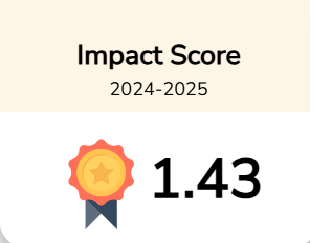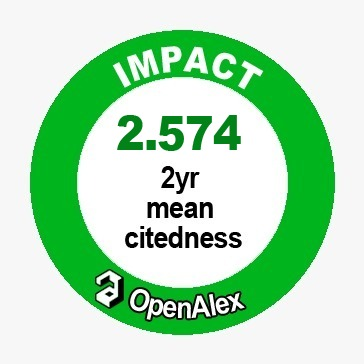About the Journal
Nurture (Online ISSN: 1994-1633/ Print ISSN: 1994-1625) is a trans-disciplinary research journal which publishes articles from fields of physical and social sciences that have direct or indirect relevance to individuals, families, and communities such as family dynamics & human development, economics, economic development, home economics, human ecology, business management & sustainability, life management & sustainability, food, nutrition & wellness, design and visual studies, health informatics, health policy and management, educational psychology, higher education, human environment, housing and interiors, and textile and clothing.
Nurture acts as an international forum for academia and invites original and unpublished research articles on following topics but not limited to,
Business, Economics, and Sustainability
-
Business management & sustainability
-
Economics and economic development
-
Global political and economic environment
-
Innovation, technology, and entrepreneurship
-
Human resources management
-
Responsible consumerism and social media influence
Family, Human Development, and Home Economics
-
Family dynamics and human development
-
Home economics and human ecology
-
Personal finance and consumer economics
-
Child development, education, and community awareness
-
Women’s participation in the labor market
-
Sustainable consumption and life management
Food, Nutrition, and Wellness
-
Food and community nutrition
-
Diet therapy, special diets (keto, vegan, paleo, etc.), and risk considerations
-
Dietary changes during the COVID-19 pandemic
-
Nutrition security and food safety
-
Food, family health, and hygiene
Health Sciences and Policy
-
Public health, community health, and global health
-
Health informatics and digital health
-
Health economics, policy, and management
-
Maternal and child health
-
Women’s mental health and aging
-
Nursing, occupational health, and health psychology
Design, Visual Studies, and the Human Environment
-
Theories in design and visual studies
-
Art, culture, and social impact
-
Housing and interiors: sustainable design and urban living
-
Modern housing and interior architecture
-
Textile and clothing design, manufacturing, and sustainability
Education and Learning Sciences
-
Educational psychology and digital learning innovations
-
Leadership in higher education
-
Teacher education and STEM education
-
Special educational needs
-
Family and consumer sciences education
Environmental and Ecological Studies
-
Sustainable development and eco-friendly practices
-
Bioremediation and alternative energy
-
Social ecological models and human behavior
-
Environment and ecological issues through technology





